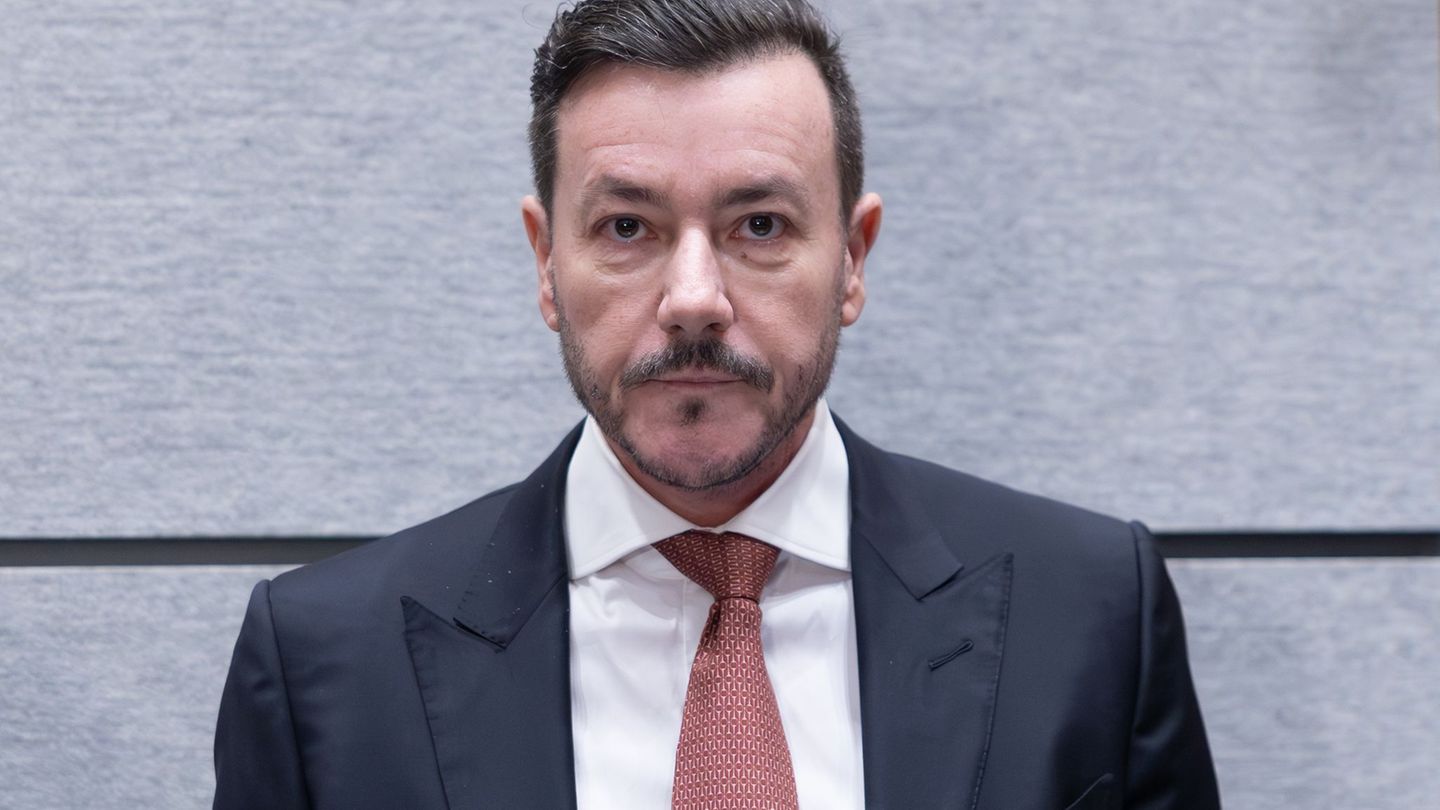According to APA information, the necessary qualified majority did not come about on Tuesday in the responsible committee of the EU states. Now the ball is in the hands of the EU Commission. Glyphosate is currently authorized in the EU until December 15th. The pesticide has been criticized for causing cancer, and the manufacturer Bayer vehemently rejects this.
Chemical companies have already applied for a new approval, but they still have to complete a risk assessment. It is not expected until mid-2023, because while the European Chemicals Agency (ECHA) had submitted its assessment of the crop protection product in May and left the existing classification of unchanged, the European Food Safety Authority (EFSA) has not yet classified it, it was issued postponed to July 2023 due to an “unprecedented number of comments” – so the EU Commission has now proposed a one-year extension of the permit. After the necessary majority was not reached among the EU states, the EU Commission now has to make a decision by December 15th.
However, ECHA has already concluded that the herbicide is toxic to aquatic life but not carcinogenic. Johannes Fankhauser, Section Head in the Ministry of Agriculture, announced on Monday before the vote in a media conference organized by AGES that the standing committee would follow the expert opinion and vote again on the EU Commission’s proposal until the EFSA assessment was available. This process was also commissioned jointly and one does not want to anticipate this assessment, but rather make a scientific and fact-based decision – the upcoming assessment by EFSA in the coming year will in any case not be influenced by today’s decision.
Before today’s vote, Global 2000 asked Agriculture Minister Norbert Totschnig (ÖVP) to vote against the approval extension for glyphosate this time. “A yes to the extension of glyphosate would have a fatal symbolic effect,” said Helmut Burtscher-Schaden, environmental chemist at the NGO. Approval would contradict the Austrian no under Minister of Agriculture Andrä Rupprechter (ÖVP) in 2017, “it would also contradict the previous cross-party rejection of glyphosate by all parliamentary parties.”
In a broadcast, the SPÖ pointed out that the approval of the extension “stands in blatant contradiction to the upright and binding decision of the National Council”, which forces both Totschnig and every official who represents him to vote “against any approval of glyphosate”. SPÖ agriculture spokeswoman Cornelia Ecker referred to the decision in the EU subcommittee of the National Council in 2017, which was passed with a clear majority.
In Austria, the National Council unanimously passed a partial ban on glyphosate in May last year. It may no longer be used in sensitive locations such as children’s playgrounds, parks, elderly care facilities or health facilities. House and small garden areas and private use are also affected. However, it remains permitted in agriculture, where it is by far the most widely used.
An AGES evaluation for the period from 2017 to 2022 showed that 2,952 samples could be determined in 164 (5.6 percent) of glyphosate, but only four exceeded the limit value (twice honey, linseed and lentils once) – there is a clear determinability by region of origin not yet, but in a preliminary evaluation, a majority could not be assigned.
Source: Nachrichten




